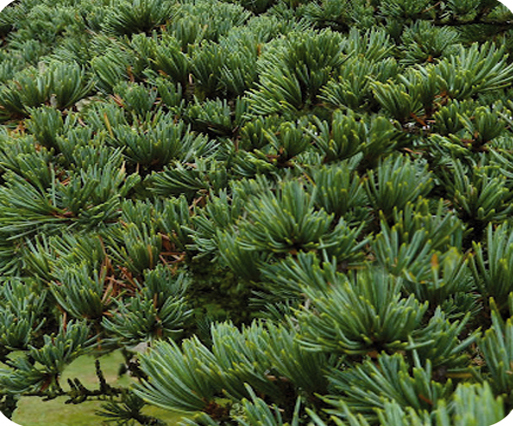INCI name: | Cedrus atlantica |
Part used: | Stems |
Extraction method: | Distillation |
CAS No.: | 8023-85-6 |
Origin: | India, Morocco |
Appearance: | Pale yellow or colorless clear liquid |
Odour: | Full-bodied rosin |
Relative Density(20℃): | 0.927~0.940 |
Refractive index(20℃): | 1.500~1.520 |
Dissolved solution: | Any volume dissolved in 70% (v/v) ethanol |
Optical rotation(20℃): | +48°~+70° |
Main Composition(%): | Cedar alcohol, terpenes |
Cedrus atlantica, the Atlas cedar, is a cedar native to the Atlas Mountains of Morocco (Middle Atlas, High Atlas), to the Rif, and to the Tell Atlas in Algeria.A majority of the modern sources treat it as a distinct species Cedrus atlantica, but some sources consider it a subspecies of Lebanon cedar. Fully grown, Atlas cedar is a large coniferous evergreen tree, 30–35m (rarely 40m) tall, with a trunk diameter of 1.5–2 m.It is very similar in all characters to the other varieties of Lebanon cedar; differences are hard to discern. The mean cone size tends to be somewhat smaller (although recorded to 12cm,[2] only rarely over 9cm long, compared to up to 10cm in C. brevifolia, and 12cm in C. libani, though with considerable overlap (all can be as short as 6cm). The Cedrus atlantica leaf length (10–25mm) is similar that ofC. libani subsp. stenocoma, on average longer than C. brevifolia and shorter than C. libani subsp. libani, but again with considerable overlap. |  |